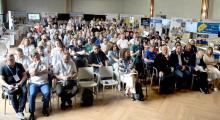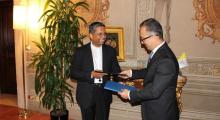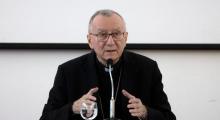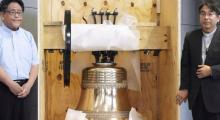Issued by the Catholic Center for Studies and Media - Jordan. Editor-in-chief Fr. Rif'at Bader - موقع أبونا abouna.org
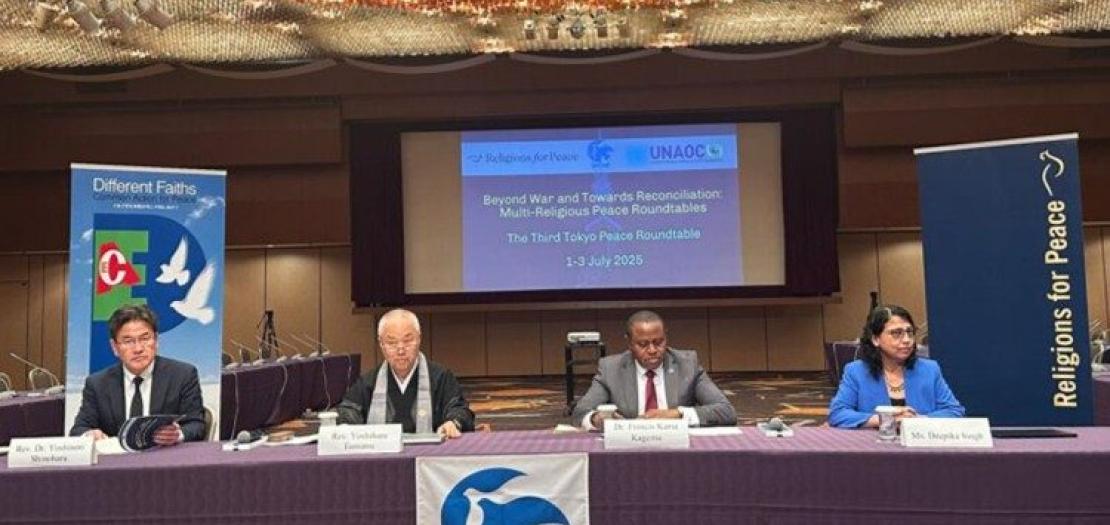
The Third Tokyo Peace Roundtable organized by Religions for Peace International
Religious representatives from all over the world met in Tokyo, Japan, from July 1 to 3, 2025, to attend a peace roundtable organized by the coalition Religions for Peace International.
Numerous leaders from different Christian faiths were present, along with representatives from Islam, Buddhism, Hinduism, Judaism, Confucianism, Shintoism, Sikhism, Taoism, and traditional religions.
Several representatives were from countries currently affected by conflicts, and all the participants gathered to denounce wars and to strive toward building peaceful societies.
Some of the themes addressed included building trust and mutual understanding among religious leaders to support reconciliation efforts and identify the challenges in achieving them; facilitating meaningful interreligious dialogue rooted in the core principles of each tradition; promoting multireligious collaboration with political leaders to advance peace initiatives at the local level, while focusing on conflict prevention and humanitarian responses; and strengthening alliances with policymakers, intergovernmental bodies, and civil society to enhance global peacebuilding efforts.
An important space for religious leaders and political actors
“We hope that this conflict-ridden world can heal and return to a period of relative calm, harmony, and tolerance. We must believe and hope—especially in this Jubilee year,” said Luigi De Salvia, president of Religions for Peace Italy, in a statement to Vatican News.
“Trust and hope must always be there. It’s like when a patient is given treatment to heal—if the patient doesn’t believe in it, the efforts are in vain. I hope a new approach and a new way of thinking can emerge from the Tokyo roundtable. I expect a reaffirmation of continued commitment.”
The goal of the event was to provide a space for interreligious dialogue and multireligious collaboration with political leaders, in order to address global crises at every stage of the conflict—from implementing peace to long-term reconciliation.
Religions for Peace’s work
Founded in 1970 in Kyoto, Religions for Peace is committed to multireligious cooperation for peace, based on the principle of deep respect for religious differences. As an international network of communities spanning over 90 countries, the organization is engaged in conflict resolution, humanitarian aid, and other peacebuilding activities.
This is done through dialogue and interfaith cooperation at the international, regional, and national levels on every continent, and the body is especially active in some of the world's most troubled areas.
During the roundtable, special attention was given to Ukraine, the Gaza Strip, and Myanmar. “Myanmar is a country that has been repeatedly mentioned by Pope Francis and also by Leo XIV,” De Salvia emphasized.
Cardinal Charles Maung Bo, Archbishop of Yangon and coordinator of Religions for Peace in Myanmar, also participated in the roundtable. “A future meeting will be dedicated to this country to raise public awareness about what is happening in Myanmar,” concluded De Salvia.



